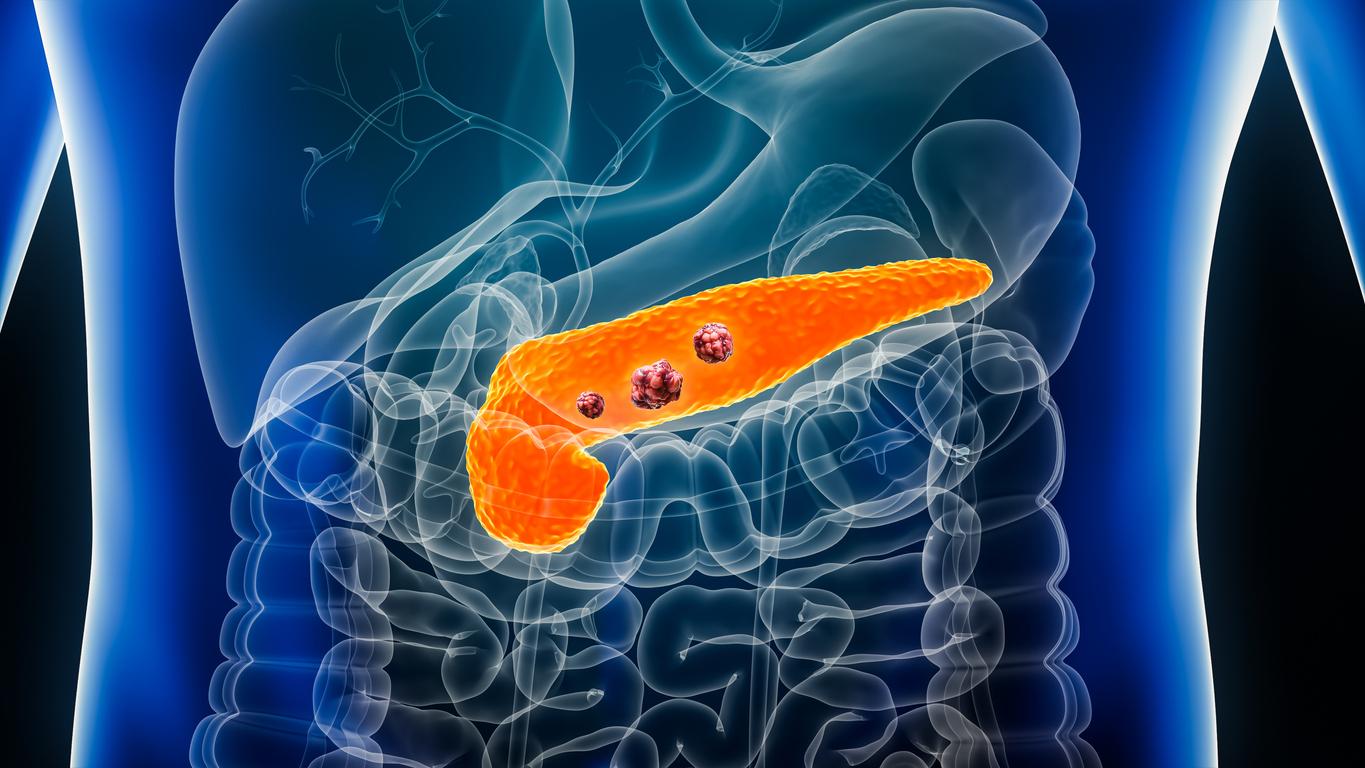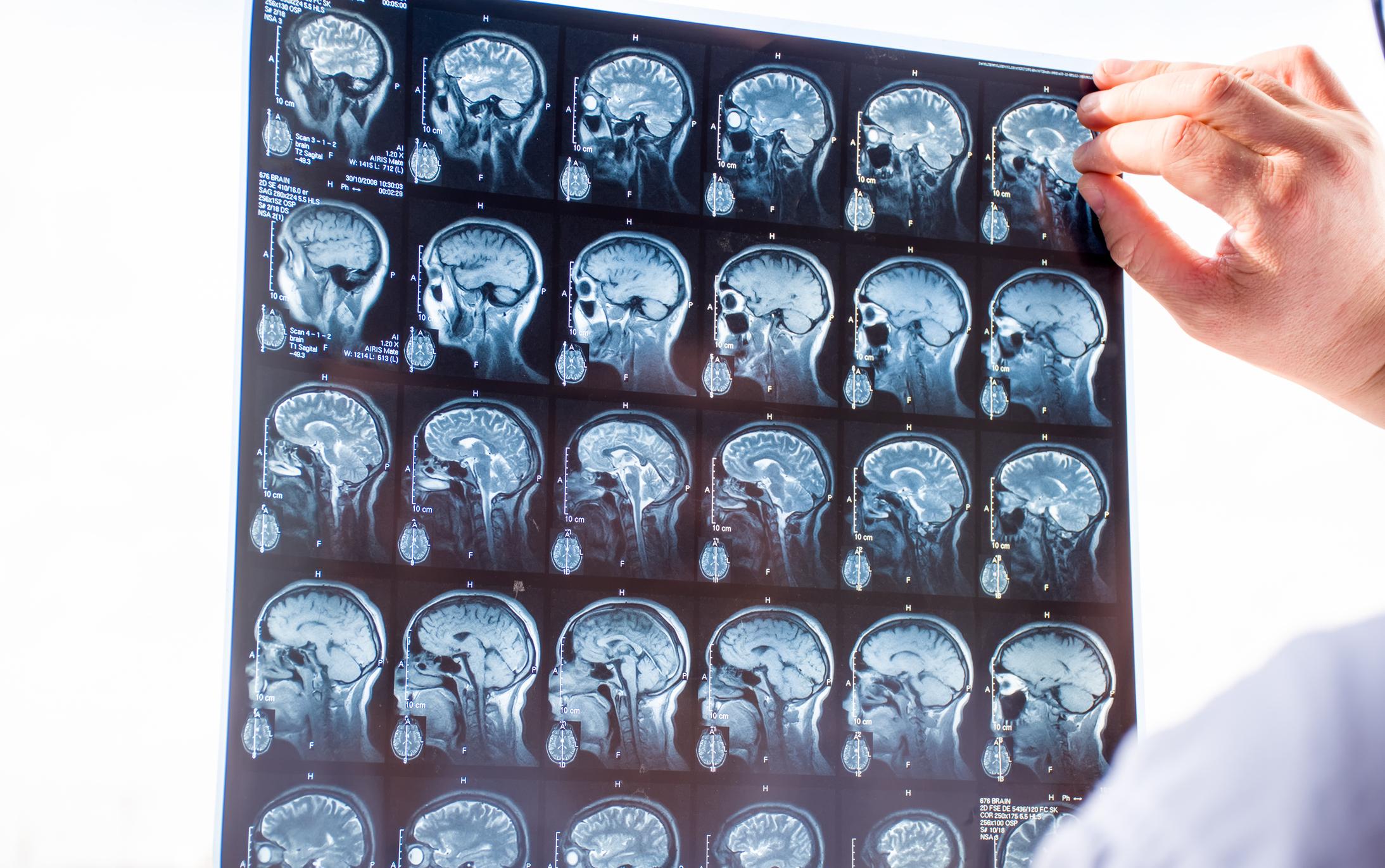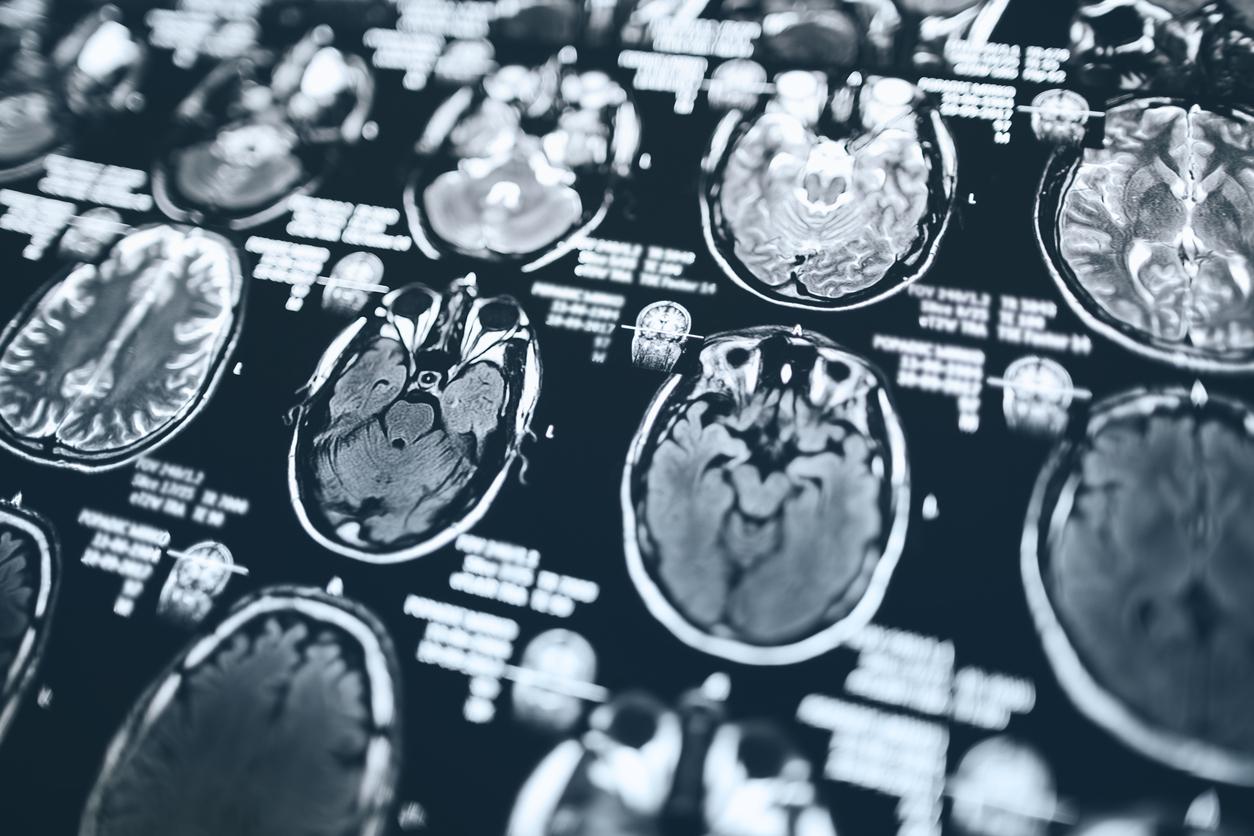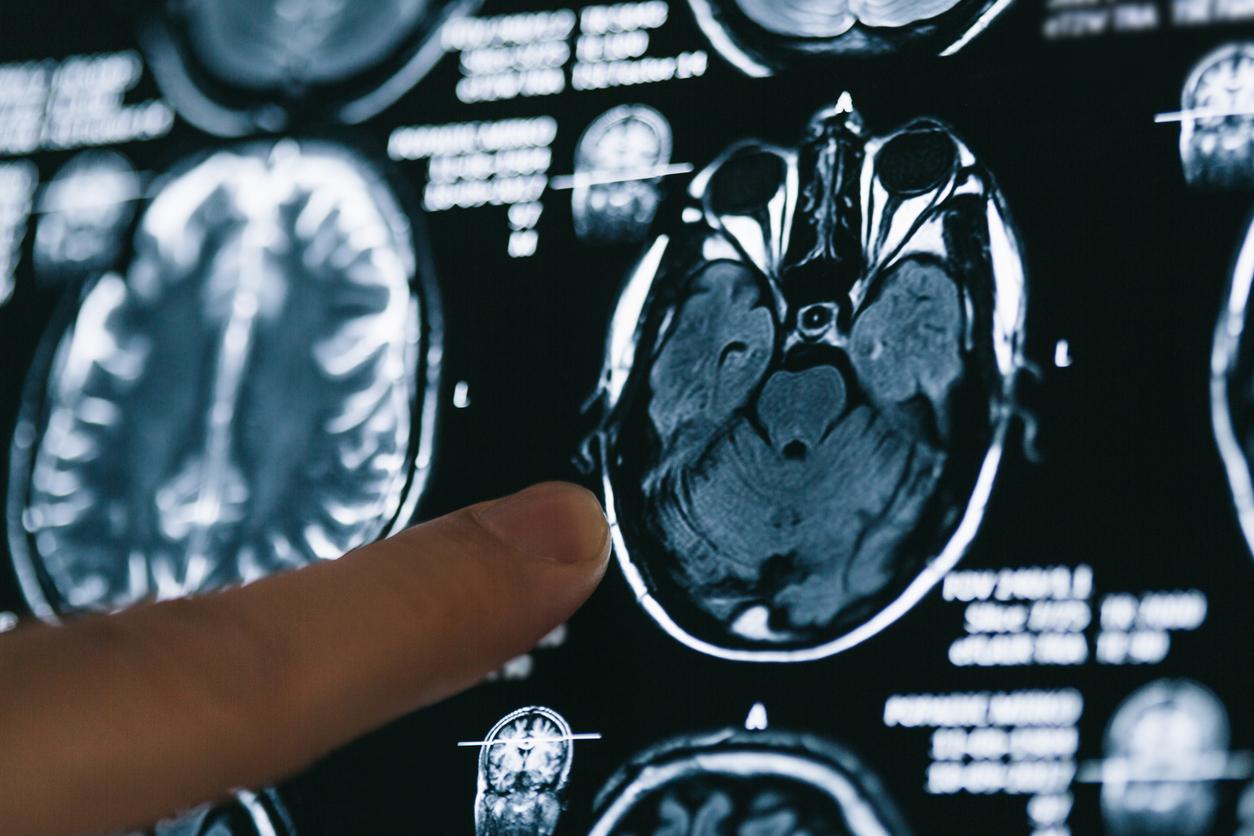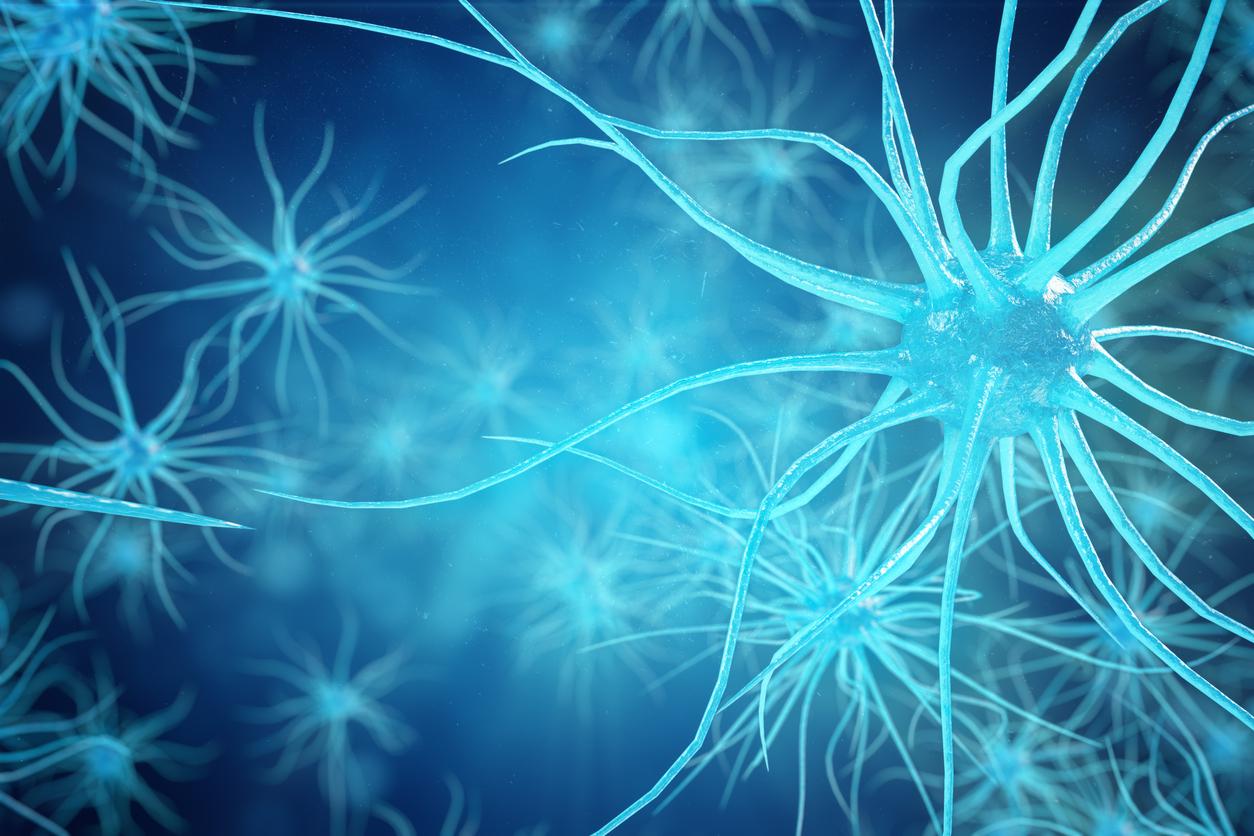Despite the publication of a worrying study on Valproate, “no treatment against epilepsy should be modified or stopped without the advice of a competent doctor”, recalls the Épilepsie-France association.

- A European study has alerted to the increased risk of neurodevelopmental disorders in children with a father who has been treated with Valproate.
- This assessment raises many concerns on the part of patients.
- Épilepsie-France therefore recalls that it is imperative for patients treated with Valproate not to undertake any discontinuation of treatment without medical advice.
The Epilepsy-France patient association reacts following the publication by the ANSM of a European assessment of the potential risk of neurodevelopmental disorders in children whose fathers were treated with Valproate in the months preceding conception.
The organization writes in a press release “take the measure of the results of this study highlighting a risk neurodevelopmental disorders between 5.6% and 6.3% in children born to fathers exposed to Valproate compared to 2.5% and 3.6% for children born to fathers treated with Lamotrigine or Levetiracetam”.
Many worries
“Although at this stage it does not allow definitive conclusions to be drawn, this evaluation raises many legitimate concerns on the part of patients”, add the activists. As a result, such information for patients treated with Valproate generates risks of questioning and discontinuation of their treatment, an attitude that can lead to serious destabilization of their epilepsy.
Épilepsie-France therefore recalls, through the voice of its president Christophe Lucas and the neurologist Fabrice Bartolomei, that it is imperative for patients treated with Valproate to contact their caregiver and not to undertake any discontinuation of treatment without medical advice.
A complex neurological disease
The association also points out that epilepsy is a complex neurological disease with more than 50 different syndromes and that each case is unique, requiring personalized treatment.
“Moderation is recommended at this stage in order to avoid any patient initiative that is detrimental to their health”she concludes.










